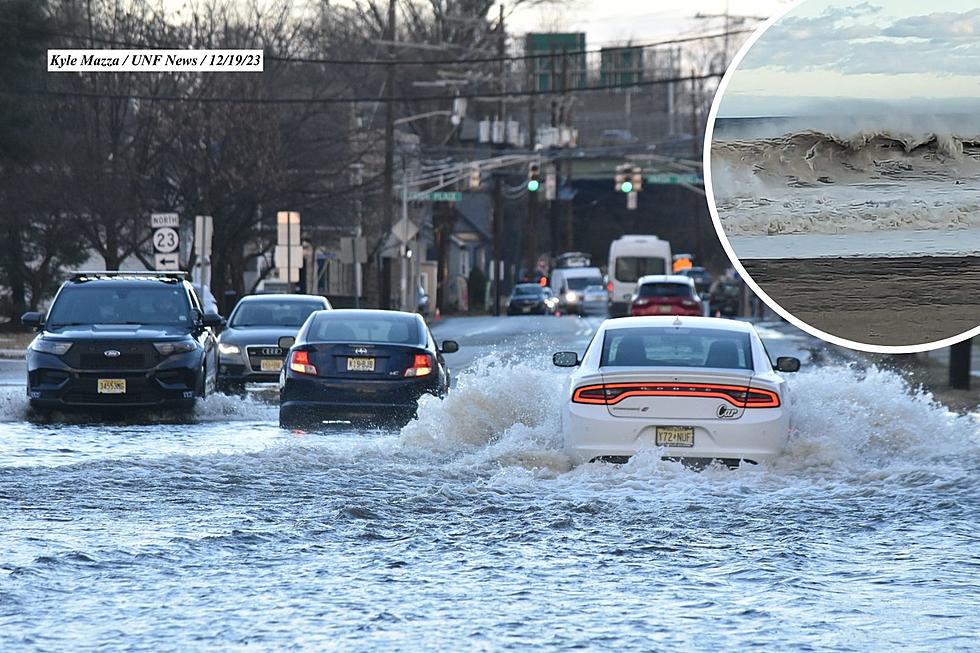
Following Margate ruling, three more NJ towns get sand dunes
TOMS RIVER -- A wealthy New Jersey shore enclave's attempt to opt out of a protective sand dune plan in an area devastated by Superstorm Sandy was turned down by a judge Wednesday, while a decision to allow a similar project to proceed in another part of the state was upheld by a federal appeals court.
Superior Court Judge Marlene Lynch Ford ruled against oceanfront homeowners in Bay Head, Mantoloking and Point Pleasant Beach, who argued that the $5 million rock wall they built with their own money provides adequate storm protection.
The state disagrees and Bob Martin, commissioner of the department of environmental protection, said that Ford's ruling is a strong vindication of the state's authority to protect people and property there.
The project is part of Republican Gov. Chris Christie's administration plan to build dunes along the state's entire 127-mile (204.38-kilometer) coastline. The ruling comes after the 3rd U.S. Circuit Court of Appeals on Tuesday upheld a federal judge's decision to allow the U.S. Army Corps of Engineers project to build dunes in the southern New Jersey shore town of Margate to continue.
"Our commitment to restoring and making the Jersey Shore more resilient for the future has and will remain steadfast. Now, it is time to move ahead on that pledge," Martin said.
A lawyer for the homeowners said they are disappointed with the ruling, but are still reviewing it to decide whether to appeal.
"We are disappointed with the ruling, especially in light of the court's finding that the oceanfront owners had made a compelling argument that the government's project is superfluous due to the preexisting storm protection provided by the privately owned and maintained revetment system that has been in place for decades," said attorney Anthony DellaPelle.
The homeowners in the Bay Head case include Lawrence Bathgate II, who was the national Republican finance chairman under Presidents Ronald Reagan and George H.W. Bush, and raised money for both of George W. Bush's presidential campaigns and Jeb Bush's 2016 primary campaign.
The property owners also have portrayed the dune plan as an unwarranted government land grab and a waste of scarce taxpayer dollars. But Christie has branded the homeowners as selfish, interested more in not losing precious oceanfront views than protecting their community.
Ford said the homeowners failed to prove that the project is unreasonable. She ruled that she will appoint three commissioners to establish fair compensation for the land the plan needs to take for the project. Ford previously upheld the state's right to use eminent domain proceedings to seize land for the dune project.
The homeowners claimed the rock wall largely protected the homes behind it, but some suffered serious or even catastrophic damage.
Some homes behind the rock wall have been elevated since Sandy in 2012, and repairs to and extensions of the wall have been made, bringing the privately funded project's cost to about $7 million.
The homeowners fear the federal and state governments won't have the money required to replenish dunes and beaches every four years for the next 50 years, and say the government relied on faulty or manipulated cost-benefit data to justify the project.
The state Department of Environmental Protection says it only allowed the residents to extend the rock wall after Sandy as an emergency measure that would be complemented by the dune project
Margate went to court to stop the project there, which led to ponds of bacteria-laden water after a storm last month. Margate says the project is unnecessary and harmful to its shoreline.
(Copyright 2017 The Associated Press. All rights reserved. This material may not be published, broadcast, rewritten or redistributed.)
More From New Jersey 101.5 FM









